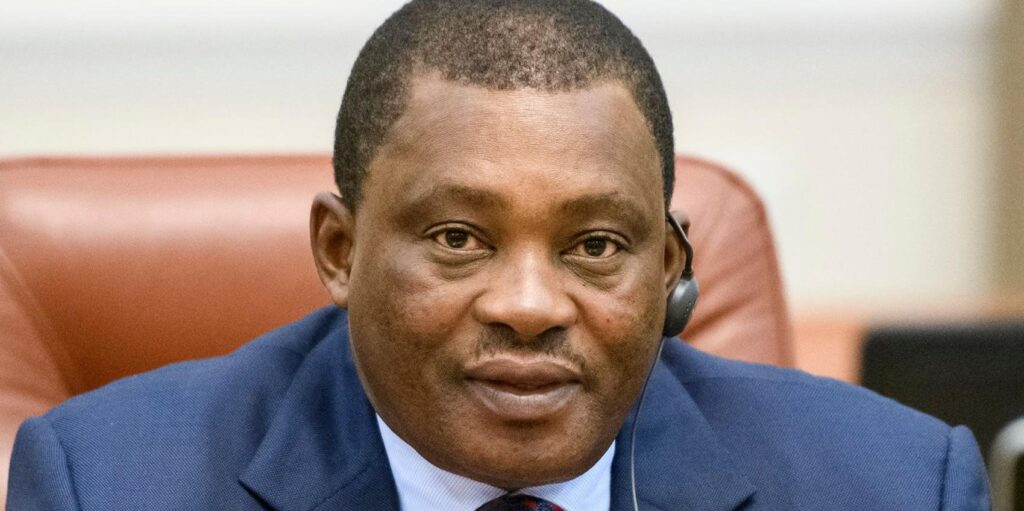When Kenya embraced multi-party democracy in the 1990s and enacted the 2010 Constitution, it made a binding commitment to constitutionalism, human rights, and the rule of law. Article 2(5) and (6) explicitly state that international law and ratified treaties form part of Kenyan law—meaning Kenya cannot harbour war criminals or offer them legitimacy.
Yet in February 2024, Mohamed Hamdan Dagalo – known as Hemeti, commander of Sudan’s Rapid Support Forces (RSF) – received a red-carpet welcome in Mombasa from Kenya’s Deputy President and national iintelligence director. He was escorted to State House for a reported meeting with President William Ruto. This was no discreet diplomatic encounter but a brazen display of hospitality toward a UN-sanctioned figure accused of overseeing atrocities in Sudan’s Darfur region.
The UN, Human Rights Watch, and Amnesty International have documented the RSF’s war crimes and crimes against humanity. Hemeti’s militia has burned villages, raped women, and executed civilians in what analysts describe as genocide. The RSF was even given a platform at Nairobi’s Kenyatta International Convention Centre, openly and without shame.
What message does this send? That Kenya’s government under President Ruto is not merely indifferent to international law nut it is actively undermining it.
Let us be clear: President Ruto’s actions are not protected by absolute immunity. While Article 143(1) and (2) shield the President from civil or criminal proceedings during their tenure, Article 143(4) explicitly states this immunity “shall not extend to a crime for which the President may be prosecuted under any treaty to which Kenya is party and which prohibits such immunity”.
This clause was deliberately included to prevent Kenya from becoming a safe haven for war criminals. Kenya is a signatory to the Rome Statute of the International Criminal Court, the Geneva Conventions, and multiple UN human rights treaties. All of these prohibit complicity in war crimes, crimes against humanity, and genocide.
Some may argue this was diplomacy, that Kenya must engage all parties in Sudan’s conflict. But genuine mediation occurs through structured peace processes under international auspices, not clandestine meetings or public receptions that confer legitimacy on sanctioned warlords.
Under both Kenya’s Constitution and international law, President Ruto’s welcome of Hemeti constitutes complicity – political, moral, and potentially legal.
We cannot continue to erode our constitutional foundations under the guise of realpolitik. Kenya must stand for something. If our Constitution and international treaties mean anything, then those who violate human rights must be held to account, regardless of their position.
First, a petition should be filed in Kenyan courts seeking a declaratory judgment that President Ruto violated Articles 2(5), 2(6), and Chapter Four of the Constitution by hosting Hemeti. The petition should assert that these actions constitute complicity in international crimes, placing them outside constitutional immunity protections.
Second, civil society and legal scholars should call upon the UN and ICC to investigate whether President Ruto’s actions amount to aiding and abetting a sanctioned warlord. Regional bodies like the African Union should apply diplomatic pressure.
Third, this must be a civic awakening. Kenyans must speak out – not in partisan outrage, but in principled resistance. This is about more than politics. It is about the moral direction of our republic.
This article was first published by the People Daily on Friday 30 May 2025.
The writer, Justin Muturi, is a former Attorney General in Kenya and Former Speaker of the National Assembly
The views expressed in ‘opinion’ articles published by Radio Tamazuj are solely those of the writer. The veracity of any claims made is the responsibility of the author, not Radio Tamazuj.




